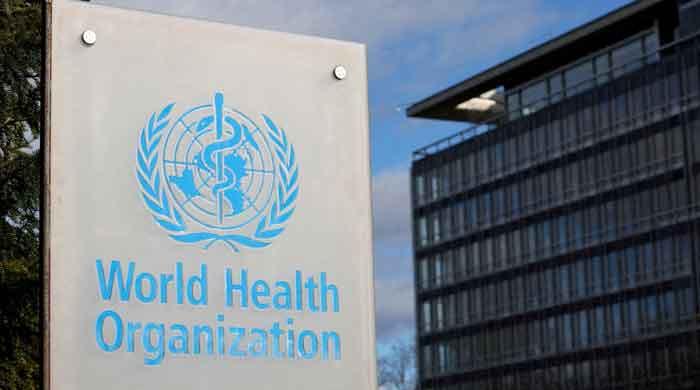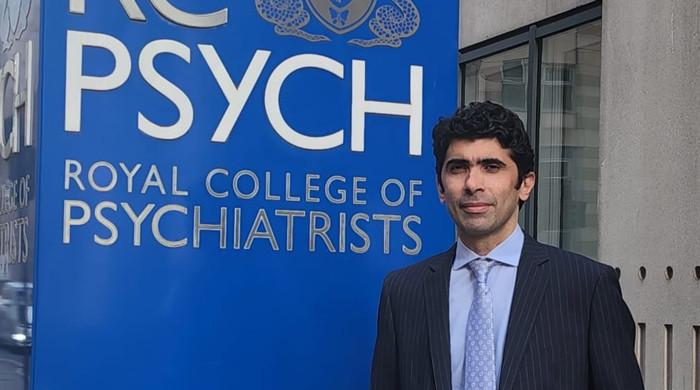Controlling blood pressure helps to reduce dementia risk: study
Fifty-seven million people around the world had dementia in 2021, says WHO
April 22, 2025

A new study has found that intensive management of high blood pressure through medication and lifestyle coaching can significantly reduce the risk of developing dementia.
Researchers in China and the United States found that individuals receiving intensive interventions experienced a 15% lower risk of dementia compared to those receiving standard care, The Guradian reported.
The World Health Organisation (WHO) estimates that 57 million people worldwide were living with dementia in 2021, but experts emphasise that it is not an inevitable part of ageing.
The study, published in the journal Nature, involved 33,995 individuals aged 40 and over with uncontrolled hypertension across rural China.
The research team randomly assigned participants from 326 villages to either an intensive blood pressure management group or a usual care group.
The intensive intervention provided by "village doctors" included free or low-cost, tailored blood pressure medications, personalised health coaching to promote medication adherence and lifestyle changes, and equipment for home blood pressure monitoring.
The usual care group received standard blood pressure management within their existing clinical settings, with lifestyle changes recommended but without the free medication, home monitors, or dedicated coaching.
After four years of follow-up, the researchers observed a notable difference in dementia incidence.
In the intensive management group, 668 participants developed dementia, compared to 734 in the usual care group.
Further analysis indicated a 16% lower risk of mild cognitive impairment without dementia in the intensively treated group.
"Antihypertensive treatment can prevent dementia in patients with uncontrolled hypertension," said Prof Jiang He, the co-author of the study, from the University of Texas Southwestern Medical Centre.
"Given the high prevalence of uncontrolled hypertension worldwide, this effective intervention should be widely adopted and scaled up to reduce the global burden of dementia."
While the study did not assess participants' cognitive function at the outset, the researchers believe the similarity between the two groups minimises the likelihood of skewed results.
However, independent experts like Professor Joanna Wardlaw from the University of Edinburgh cautioned that the study's design could not isolate the individual contributions of blood pressure control and lifestyle modifications to the reduced dementia risk, suggesting a combined beneficial effect.
Other researchers advocate for longer-term follow-up studies and trials in diverse populations to validate these findings.
Prof Tara Spires-Jones, the director of the Centre for Discovery Brain Sciences at the University of Edinburgh, said the research "provides further strong evidence supporting the importance of managing blood pressure and other cardiovascular risks to protect the brain during ageing."
But, she added: "It is important to note that treating high blood pressure was not a foolproof guarantee as some people receiving treatment still developed dementia."











